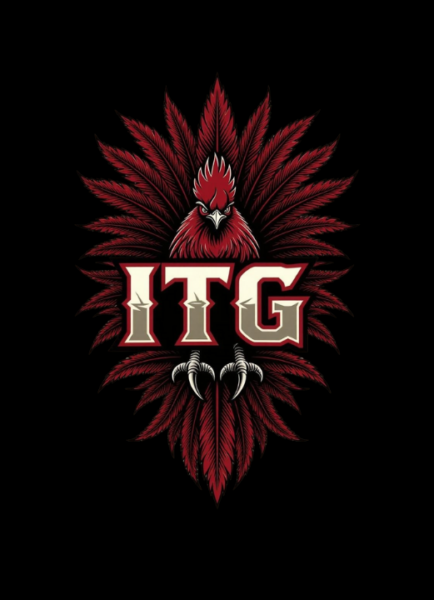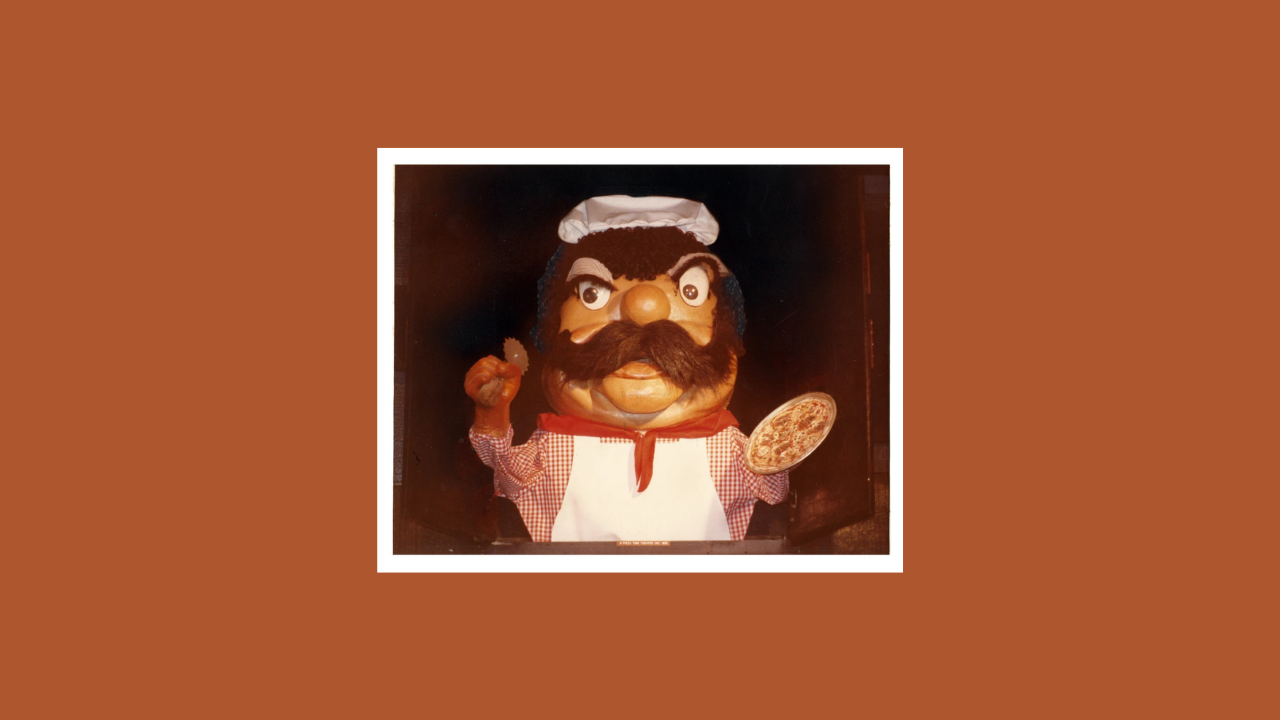The Experiment
In the midst of the COVID-19 pandemic, when dine-in restaurants were forced to shutter their doors, many businesses turned to innovative strategies to survive. One such move came from CEC Entertainment, the parent company of the beloved children’s entertainment chain Chuck E. Cheese. In March 2020, they launched Pasqually’s Pizza & Wings, a delivery-only virtual brand operating out of Chuck E. Cheese kitchens. Named after Pasqually P. Pieplate, the drummer in Chuck E. Cheese’s animatronic band, this “ghost kitchen” concept aimed to generate revenue during lockdowns by offering pizzas and wings through apps like Grubhub, Uber Eats, and DoorDash.
The idea was simple: utilize existing kitchen space to sell food under a different name, targeting adults who might not associate Chuck E. Cheese with quality takeout. Pasqually’s menu featured what the company described as “premium” pizzas with thicker crusts, more sauce, and bolder flavors, along with wings and other items not typically found on the standard Chuck E. Cheese menu. CEC insisted it was a distinct offering, using fresh ingredients but prepared in the same facilities. However, the branding was deliberately separate, with no overt mention of its Chuck E. Cheese origins on delivery platforms.
The Discovery and Backlash
It didn’t take long for savvy customers to uncover the truth. In April 2020, a Reddit user posted about ordering from Pasqually’s on Grubhub, only to receive a pizza in Chuck E. Cheese packaging. The post went viral, sparking widespread media coverage and public outrage. Headlines accused Chuck E. Cheese of deceptive practices, likening it to guerrilla marketing or outright trickery. Critics argued that the rebranding misled consumers into thinking they were supporting a local, independent pizzeria rather than a chain known primarily for kids’ birthday parties and arcade games.
Social media erupted with memes and complaints. Many felt betrayed, viewing the ghost kitchen as a sneaky way to offload subpar pizza—Chuck E. Cheese’s food has long been criticized for its quality compared to dedicated pizza chains. One Instagram post from 2025 reflected on the saga, noting how the hidden identity led to controversy that lingered for years. CEC responded by clarifying that Pasqually’s was a legitimate separate brand under their umbrella, not intended to deceive, but rather to expand their market. They emphasized that the recipes were different and that the name paid homage to a character from their lore. Despite the defense, the damage was done; the revelation tarnished the brand’s image and fueled discussions about transparency in the growing ghost kitchen industry.
Continuation Amid Controversy
Surprisingly, the backlash didn’t immediately kill Pasqually’s. The virtual brand continued operating for five years, even expanding its menu in 2022 with new flavors to celebrate its “second birthday.” In 2023, some of its exclusive items were integrated into Chuck E. Cheese’s in-store “Grown-Up Menu,” allowing customers to order them directly without the virtual facade. This move suggested CEC was trying to legitimize and sustain the concept post-pandemic, as their physical locations reopened and business recovered.
Good Read: Ranking the 1980s John Hughes Films
However, the initial deception left a lasting stigma. Reviews on platforms like Yelp often referenced the Chuck E. Cheese connection, with mixed feedback on quality. While some appreciated the convenience and flavors, others boycotted it, associating it with the 2020 controversy. A 2025 X post (formerly Twitter) summed it up: the ghost kitchen shut down after years of debate over its hidden identity.
The Shutdown in 2025
Pasqually’s Pizza & Wings officially ceased operations on March 30, 2025, five years after its launch. The announcement came quietly, with the company’s website redirecting visitors to the main Chuck E. Cheese page, stripping away any trace of the virtual brand. No official statement from CEC detailed the exact reasons, but industry observers point to several factors.
Primarily, the pandemic-era necessity had faded. With Chuck E. Cheese locations fully operational again, the need for a delivery-only offshoot diminished. Comparable sales had plummeted during the height of COVID but recovered as families returned to in-person entertainment. Additionally, the Grown-Up Menu, which absorbed Pasqually’s offerings, was also discontinued in April 2025, signaling a broader strategic shift back to the chain’s core focus on children’s experiences.
Yet, the 2020 discovery undoubtedly played a role in its downfall. The controversy highlighted issues with ghost kitchens, where transparency is key to building trust. Cheeseepedia, a fan site dedicated to Chuck E. Cheese history, noted that the rebranding obscured the source, leading to criticism over perceived lower quality and deceptive marketing. CEC’s claim that the obfuscation was unintentional did little to quell the backlash, and it may have contributed to declining interest over time.
Lessons from the Pasqually’s Saga
The story of Pasqually’s Pizza & Wings serves as a cautionary tale in the restaurant industry. What started as a clever survival tactic during unprecedented times evolved into a symbol of the pitfalls of virtual branding. While ghost kitchens boomed during the pandemic, consumer demand for authenticity and transparency has grown stronger. Chuck E. Cheese’s experiment showed that even well-intentioned innovations can backfire if they appear misleading.
Good Read: Ranking the best tailgate scenes in college football
As of August 2025, Pasqually’s is no more, but its legacy lingers in discussions about food delivery ethics. For Chuck E. Cheese, the focus remains on what it does best: creating joyful memories for kids through games, shows, and, yes, pizza—now without the pseudonym.







